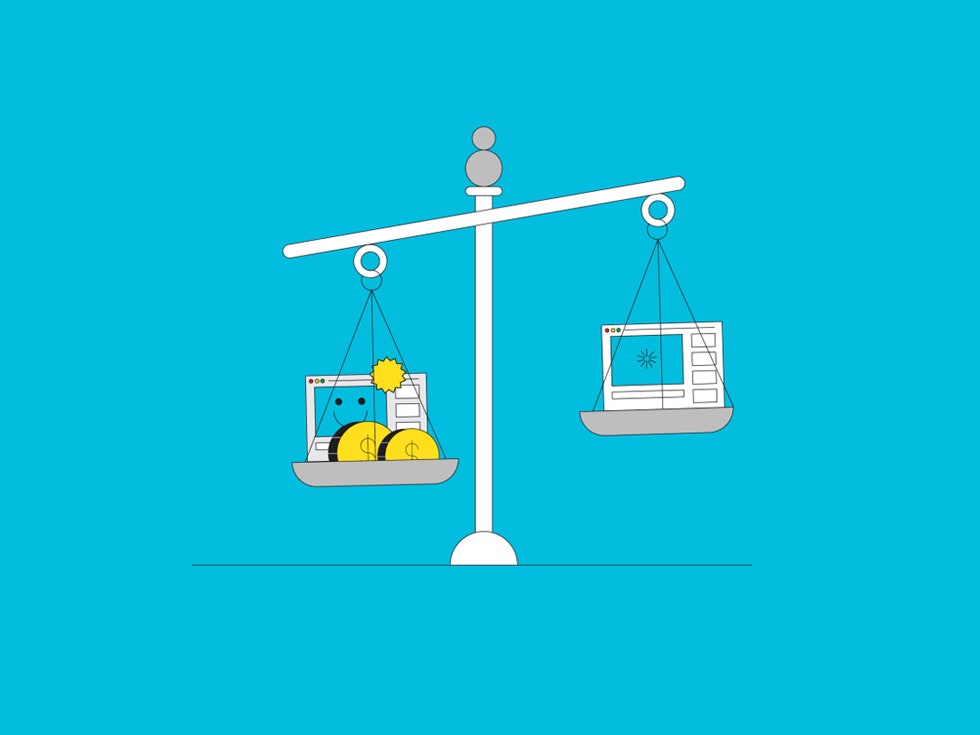Internet Controversies
An explanation on these topics.
Net Neutrality
Net neutrality is the idea that internet service providers(ISPs) should give people free, uninfluenced, access to all websites. Mainly net neutrality seeks to establish an equal access to all websites without paying more to access other websites, to not allow ISPs to alter the connection of people's internet on websites, and to not block certain websites from being accessible to people. All these ideas stem from providing people with a fair and free internet experience. Despite the freedoms granted to the people by Net neutrality, there are opposers of it. The Main opposition is from the ISPs themself. They say that they don't care to alter people's internet experience but rather would like to charge larger corporations more for taking up more data to run their websites. Skeptical of the ISPs, most people would rather feel safe knowing their freedoms are ensured than to put their freedoms at stake so that ISPs can get more money. The ISPs do also state though that the extra money would be used for innovating. In the world today nations differ on their approach to net neutrality. In Australia there are no net neutrality laws but there are laws protecting people from ISPs attacking one another and having to be front with its policies. In India plans for more open internet access are being planned due to the idea that phones are empowering and because of that internet access must be neutral to people. In Russia there is net neutrality but the government itself is censoring internet access of citizens. Finally, in America, though policies of net neutrality were passed through the Obama administration, they were removed through the Trump administration, so there is no federal enforcement of net neutrality in America. There are state legislatures that enforce it though, like California.
Internet Censorship
Internet Censorship is the restriction of content on the internet. This can be done by the Governments or by organizations that seek to monitor the accessibility of some websites to people. Censorship can be through various methods whether the government restricts content to citizens of their countries, social media platforms restrict content of their own users, or censors that parents can put on devices to protect kids from more extreme content. The pros of internet censorship is it aids in blocking dangerous information and disturbing content. Videos of murders, sexual assualt, child pornogrophy can all be restricted as to decrease the circulation of it on the internet. Information that promotes drug abuse, suicide, sextrafficking, information tracking, fake news, and dafamtion can all be restricted to viewing. This kind of content is extremely upsetting and can negatively impact some viewers. This censorship is great for keeping dangerous content farther out of reach for some people. Despite the censorship explained seeming beneficial, censorship can lead to extreme restrictions of a lot of content. Governments with high levels of authoritarian governments often abuse censorship to restrict the freedoms or knowledge of its citizens. Places such as North Korea, China, Turkmenistan, Saudi Arabia, and many more have restricted content that's critical to their governments and some have gone as far as to monitor emails, passwords, and web history. Censorship can be useful but to this extent it begins to violate people's freedoms.

Digital Divide
The Digital divide is a division created by those who have access to technologies, digital literacy, and high speed internet. The division of technologies is caused by low income families and low income regions of the world. Digital divide grows as people have a lack of access or affordability of technologies, knowledge of how to use the internet, and access to high speed internet. The division is harmful to some in society especially those in low come regions such as Africa where only 39.3% of the population has access to the internet, or in poorer neighborhoods as well. The divide causes these communities to be isolated from the rest of the world. It also creates divisions of access to knowledge, as without the internet people don't have the availability of new resources easily. Another gap comes in education as seen with the CoronaVirus pandemic. Various schools required children to learn from home on their devices, so children who had slow internet, or lacked some technology were gaining a weaker education from others. People have been concerned about this gap further harming those who are already impoverished so they've been working on closing the divide. Digital literacy programs seek to aid people on how to properly use the internet. Another program is, The Alliance of Affordable Internet project, that is led by a coalition of governments seeking to lower the cost of bandwidth in certains regions of Africa, Asia, and Latin America. Through programs such as these, efforts are being made to get affordable internet to everyone so that they could all have access to digital information, while also teaching them aspects of their computers so that they could take full advantage of their digital opportunities.

